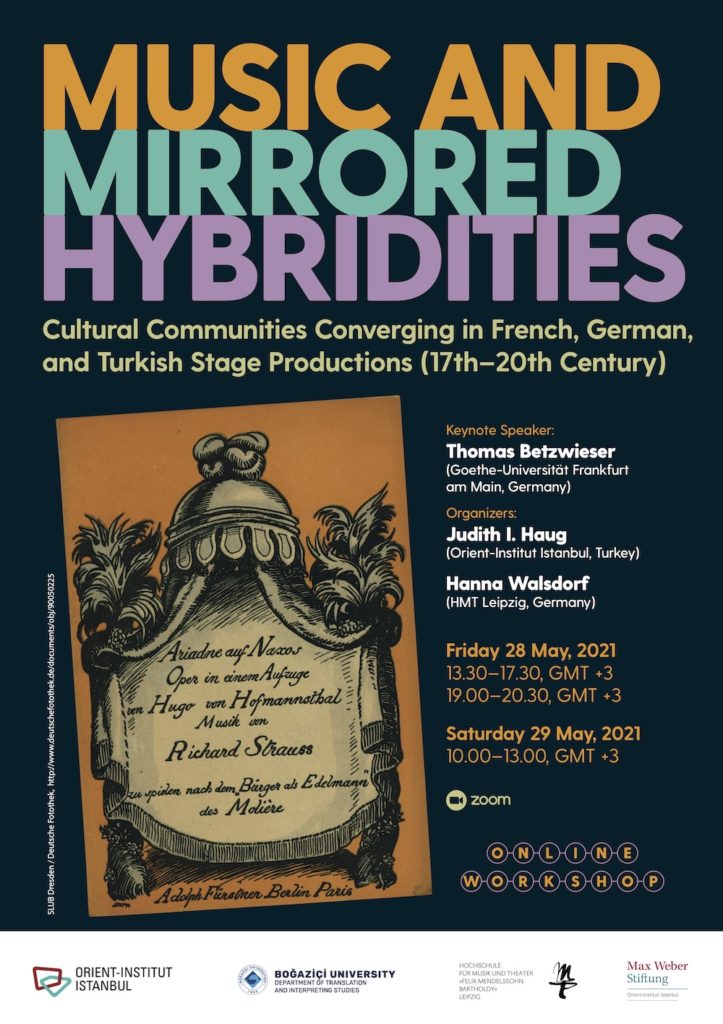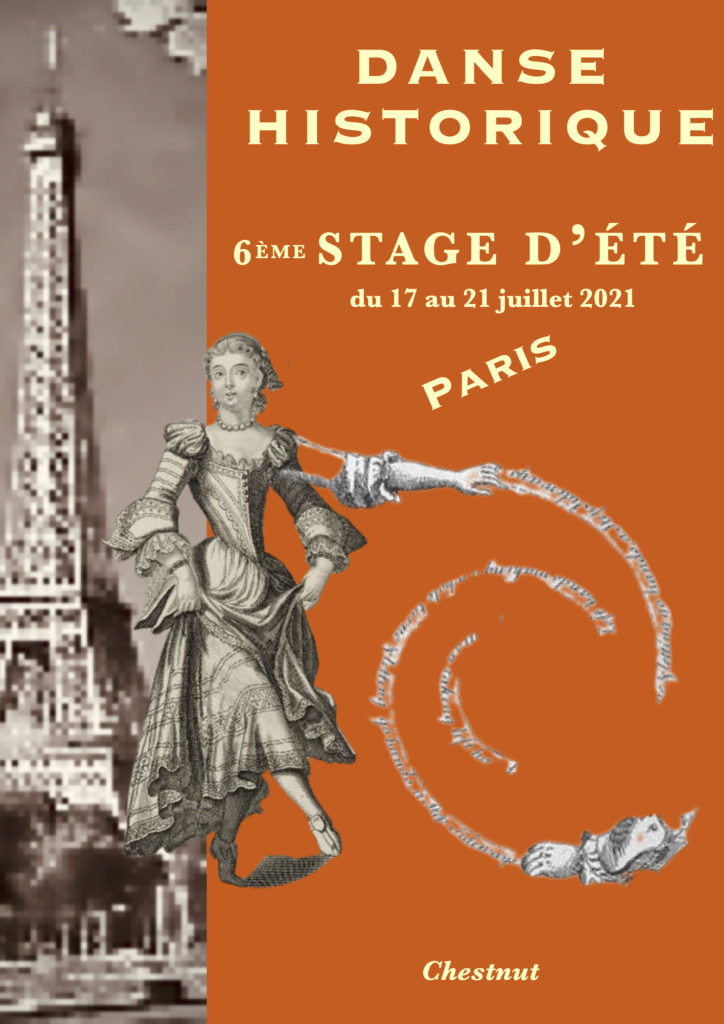(Lecture Démonstration)
by Hubert Hazebroucq (Compagnie Les Corps Eloquents, Paris), Irène Feste (Compagnie Danses au (Pas)sé, Paris), Gerrit Berenike Heiter (University of Vienna)
Nächste Veranstaltungen – Orient-Institut Istanbul (oiist.org)
Microsoft Word – YENI Invitation Music and Mirrored Hybridities.docx (netdna-ssl.com)
mama mouchij is the enigmatic title of a male solo in Feuillet-Beauchamp(s) notation with a melody filling eight pages on four sheets. The notation, full of errors and drafted rather hastily, is part of a larger collection of manuscript choreographies at the Bibliothèque de l’Opéra de Paris (F-Po RES-817). Whenever this choreography has come into the spotlight of research so far, it was because of its link to turqueries as a creative adaptation inspired by the original expression and idea in the cérémonie turque of Le Bourgeois gentilhomme (1670).
After several investigations into the materiality of the manuscript and the history of the migrations of the tune, our research aims at answering several questions: Where does the music come from? And considering that mama mouchij is rather the title of a melody than the title for the choreography, to what extent does this dance evoke a Turkish character and which elements and specific features can be identified as possibly connected with Turkish stage characters? Can this choreography be linked to a specific performance or play at the théâtre de la foire or the comédie italienne?
The migration of the melody of mama mouchij from a stage tune to a contradance to finally end as a tune for a carillon proves not only its popularity throughout the 18th century but reveals hybrid practices and transfers between the theatrical stage, social dancing and music printing practices.

